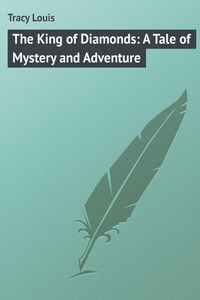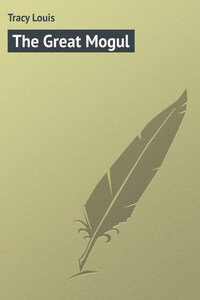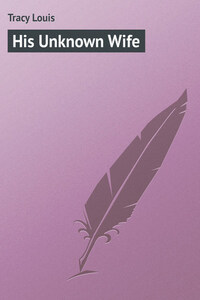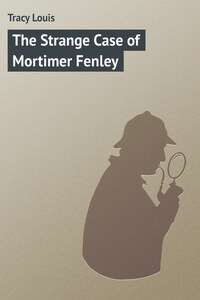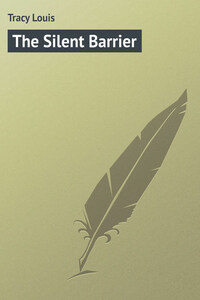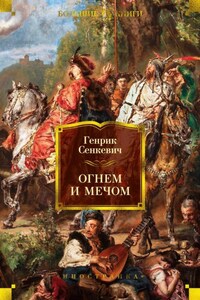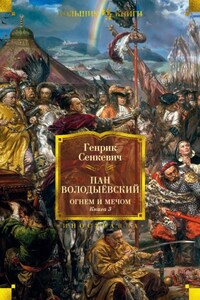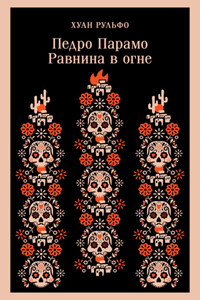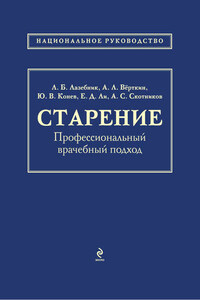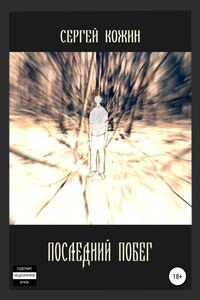CHAPTER I
No. 3, Johnson's Mews
"Is there no hope, doctor?"
"Absolutely none – now."
"If she had gone to the – the workhouse infirmary – would she have lived?"
The doctor paused. The gulp before that hateful word was not lost on him. He tried professional severity, and bestowed some care on the buttoning of a glove.
"I am surprised," he said, "that an excellent woman like your mother should encourage your feelings of – er – repugnance toward – er – Confound it, boy, have you no relatives or friends?"
"No, sir. We are alone in the world."
"And hard up, eh?"
The boy dug a hand into a pocket with the stolid indifference of despair. He produced two shillings and some pennies. He picked out the silver, and the man reddened in protest.
"Don't be stupid, Philip. That is your name, is it not? When I want my fee I will ask for it. Your mother needs a nurse, wine, chicken broth. You are old enough to realize that a doctor practicing in a neighborhood like this might want such things himself and whistle for them. But in the – er – infirmary they are provided by the State."
"Would my mother have lived had she consented to be taken there a month ago?"
Again the man wondered at the stony persistence of the questioner, a fearless-looking, active boy of fifteen, attired in worn clothes too small for him, and wearing an old pair of boots several sizes too large. The strong, young face, pinched with vigils and privation, the large, earnest eyes, heavy with unshed tears, the lips, quivering in their resolute compression over a chin that indicated great strength of character, appealed far more to the doctor than the whimpering terror with which the children of the poor usually meet the grim vision of death.
The wrestle with the glove ceased and a kindly hand rested on Philip's shoulder.
"No," came the quiet answer. "May God help you, she would not have lived."
"God does not help anybody," was the amazing retort.
The doctor was shocked, visibly so.
"That is a foolish and wicked statement," he said, sternly. "Do not let your mother hear such awful words. She has lived and will die a true Christian. I have never met a woman of greater natural charm and real piety. She has suffered so much that she merits the life eternal. It is a reward, not a punishment. Cast away these terrible thoughts; go, rather, and kneel by her side in prayer."
For an instant the great brown eyes blazed fiercely at him.
"Am I to pray that my mother shall be taken from me?"
"Even that, if it be God's will."
The gleam of passion yielded to utter helplessness. The boy again brought forth his tiny store of money.
"Surely," he said, "I can buy some small amount of wine. In the shops they sell things in tins that make chicken broth, don't they? I have a fire and a kettle. Would you mind telling me – "
"There, there! You go to your mother, and endeavor to cheer her up. I will see what I can do. What! Would you argue with me? Go at once; I insist. Listen, she is calling for you!"
In that poor tenement there were no secrets. A rickety staircase, crudely built against the retaining wall of the only living room on the ground floor, led steeply to an apartment above, and culminated in an opening that suggested a trapdoor. The walls, roughly paneled, were well provided with shelves and pegs. The back door was fastened with a latch, a contrivance rarely seen in the London of to-day. The front window looked out into a badly-paved court girt by tumbledown stables. A smaller window at the back revealed a dismal yard darkened by lofty walls. Although little more than a stone's throw removed from the busy Mile End Road, the place was singularly quiet. It was already dead, and only waited the coming of men with pickaxes and crowbars to sweep away the ruins.
The boy heard his name whispered rather than spoken. The sound galvanized him into vivid consciousness.
"Doctor," he said, earnestly, "you will come back?"
"Yes, yes; within half an hour. Tell your mother to expect me."
Philip ran up the stairs. Long practice had enabled him to move with a minimum of noise. It was pitiful to see the manner in which he emerged, with stealthy activity, into the creaking loft above. Here, at first glance, there was an astonishing degree of comfort. Odd pieces of worn carpet, neatly joined, covered the floor. The two windows, facing only to the front of the dwelling, were curtained. The whitewashed walls were almost hidden by cuttings from the colored periodicals published during the previous Christmas season. A screen divided the room into two compartments, each containing a tiny bed. On one of these, propped up with pillows, lay the wasted figure of a woman over whose face the shadows were falling fast. The extreme thinness, the waxen pallor, the delicate texture of debilitated skin and unnatural brilliancy of the eyes, gave her a remarkably youthful appearance. This fantastic trick of death in life accentuated the resemblance between mother and son. The boy, too, was sharply outlined by hunger, and, in the fading light of a March day, the difference between the dread tokens of approaching collapse and the transient effects of a scanty regimen on a vigorous youth was not readily distinguishable.
